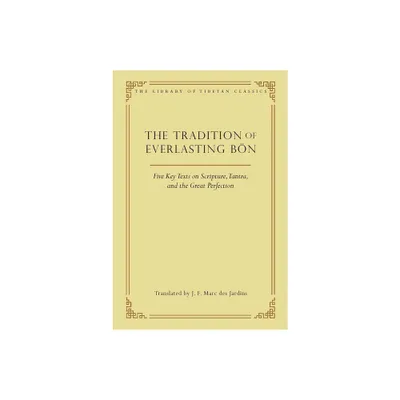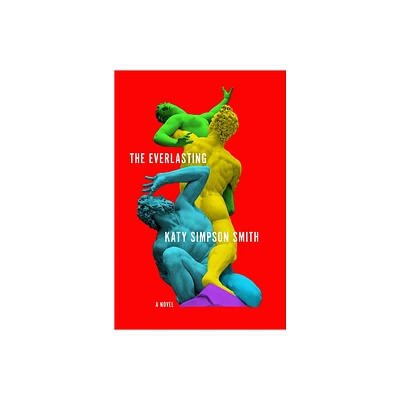Home
Rome: Everlasting Tradition
Loading Inventory...
Barnes and Noble
Rome: Everlasting Tradition
Current price: $50.00


Barnes and Noble
Rome: Everlasting Tradition
Current price: $50.00
Loading Inventory...
Size: OS
*Product Information may vary - to confirm product availability, pricing, and additional information please contact Barnes and Noble
A photographic appreciation of Rome's artisans, craftsman and traders preserving the city's "Dolce Vita" spirit
The Rome immortalized in the films of Vittorio De Sica, Federico Fellini and Pier Paolo Pasolini has not disappeared; it exists in pockets, holding out against global homogeneity. Thanks in particular to craftsmen and artisans, who preserve antique styles and cherish bygone techniques, as well as market traders, shopkeepers who dispense ancient wisdom and mechanics who pass their knowhow to the next generation, Rome's civic and artisanal traditions live on.
Rome: Everlasting Tradition
is a portrait of these enduring traditions by photographer Anthony Caronia. Introduced with a text by actor Willem Dafoe, Caronia captures everyday moments and routines that harken back to the Dolce Vita days of the late 1950s and early 1960s Italy. Caronia pays attention to the streets inhabited by artisans, such as Via dei Coronari, Via dei Funari and Via dei Balestrari, where items such as rosary beads, ropes and crossbows (respectively) are sold.
The Rome immortalized in the films of Vittorio De Sica, Federico Fellini and Pier Paolo Pasolini has not disappeared; it exists in pockets, holding out against global homogeneity. Thanks in particular to craftsmen and artisans, who preserve antique styles and cherish bygone techniques, as well as market traders, shopkeepers who dispense ancient wisdom and mechanics who pass their knowhow to the next generation, Rome's civic and artisanal traditions live on.
Rome: Everlasting Tradition
is a portrait of these enduring traditions by photographer Anthony Caronia. Introduced with a text by actor Willem Dafoe, Caronia captures everyday moments and routines that harken back to the Dolce Vita days of the late 1950s and early 1960s Italy. Caronia pays attention to the streets inhabited by artisans, such as Via dei Coronari, Via dei Funari and Via dei Balestrari, where items such as rosary beads, ropes and crossbows (respectively) are sold.


















